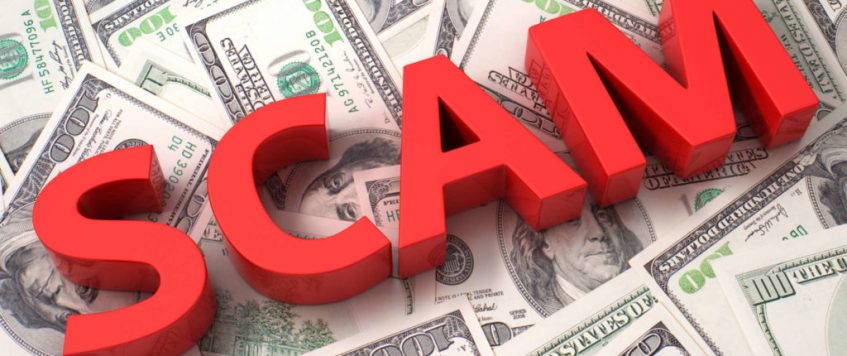-
26
Apr
Growing Freight Fraud Is Peeling Millions From the U.S. Shipping Market
Freight fraud is spreading across trucking networks as tech-savvy operators impersonating middlemen skim off payments for shipping goods that can total thousands of dollars, industry executives say.
The fraudulent tactic, long a nagging problem in trucking, has gained momentum in the past two years as the business of matching loads to trucks has moved online and heated competition for shipments has cut short the time spent checking the backgrounds of businesses.
Carrier-payments platform TriumphPay, a division of Dallas-based TBK Bank SSB, estimates at least $500 million to $700 million of shippers’ and brokers’ freight payments are going to double brokers annually.
“We consider this really a threat to the way of doing business,” said Anne Reinke, chief executive of the Transportation Intermediaries Association, an Alexandria, Va.-based trade group representing freight brokers. “How can a shipper trust either a carrier or a broker if they’re not sure their shipment is going to get to where it’s going to go?”
Freight brokers facilitate shipments by matching truckers with freight loads that need to be picked up and delivered. Under the tactic known in the industry as double-brokering, people use false identities to bid on loads. The original shipper who owns the freight pays that person, who then posts the load again and leaves a legitimate trucking company or broker to handle the shipment before that company realizes the funds have already been diverted.
Industry executives say the growing use of the tactic is especially hard on smaller carriers and brokers that have little margin to absorb lost revenue as freight demand is falling and higher interest rates are helping drive up costs. Their businesses can be put in jeopardy if they lose a load payment of $5,000 to $7,000, said Jeff Hopper, chief marketing officer of DAT Solutions LLC, a load board matching shipments and trucks in the U.S. spot market.
“It’s a very difficult environment, and so they’re on the hairy edge of profitability anyway,” Mr. Hopper said. “When they get a hit like this, it can be the determinant of, ‘Do I stay in business or not?’”
Online freight marketplace Truckstop.com said complaints about fraud, including double-brokering, jumped 400% in the fourth quarter of 2022 from the same period the year before to the highest level since the company began tracking reports in 2004.
The problem has boomed as more freight transactions, once executed largely by phone and fax machine, are completed with digital tools, leaving businesses more vulnerable to online fraud. A weak trucking market this year has opened the door wider to fraud, executives said.
“The thieves tend to come after the marketplace when the rates go down, when the rates are difficult in the market, because people don’t do their normal vetting of information,” said Brent Hutto, Truckstop.com’s chief relationship officer.
Double brokering is illegal under federal law, but experts say there are gaps in enforcement.
Freight brokers are required to register and post a bond with the Federal Motor Carrier Safety Administration. But an administrative law judge ruled in 2019 that the regulator, an agency in the Transportation Department, didn’t have the authority to assess civil penalties for unauthorized brokerage.
Since then, the agency has encouraged brokers, carriers and shippers to check the FMCSA licensing status of companies they work with.
Dale Prax, president and CEO of Lawrenceburg, Tenn.-based freight brokerage Direct Expedite LLC, said his company recently lost $5,000 on a double-brokered load.
Mr. Prax said Direct Expedite paid and handed the load off to a company that turned around and relisted the freight. A few months later, Direct Expedite received an invoice from the carrier that actually delivered the load, which was when Mr. Prax realized what happened. He has been working to get the money back from the fraudulent carrier since.
He said his average margin on a load is about $200, so it would take him 25 more loads to make up for that $5,000 hit.
“First of all, it takes a lot of time away from our people that they’re looking for bad guys all the time. The second thing is that it’s a financial burden,” Mr. Prax said. “That’s what really drove me to become on a crusade now to get rid of these guys.”
By: Liz Young / WSJ

